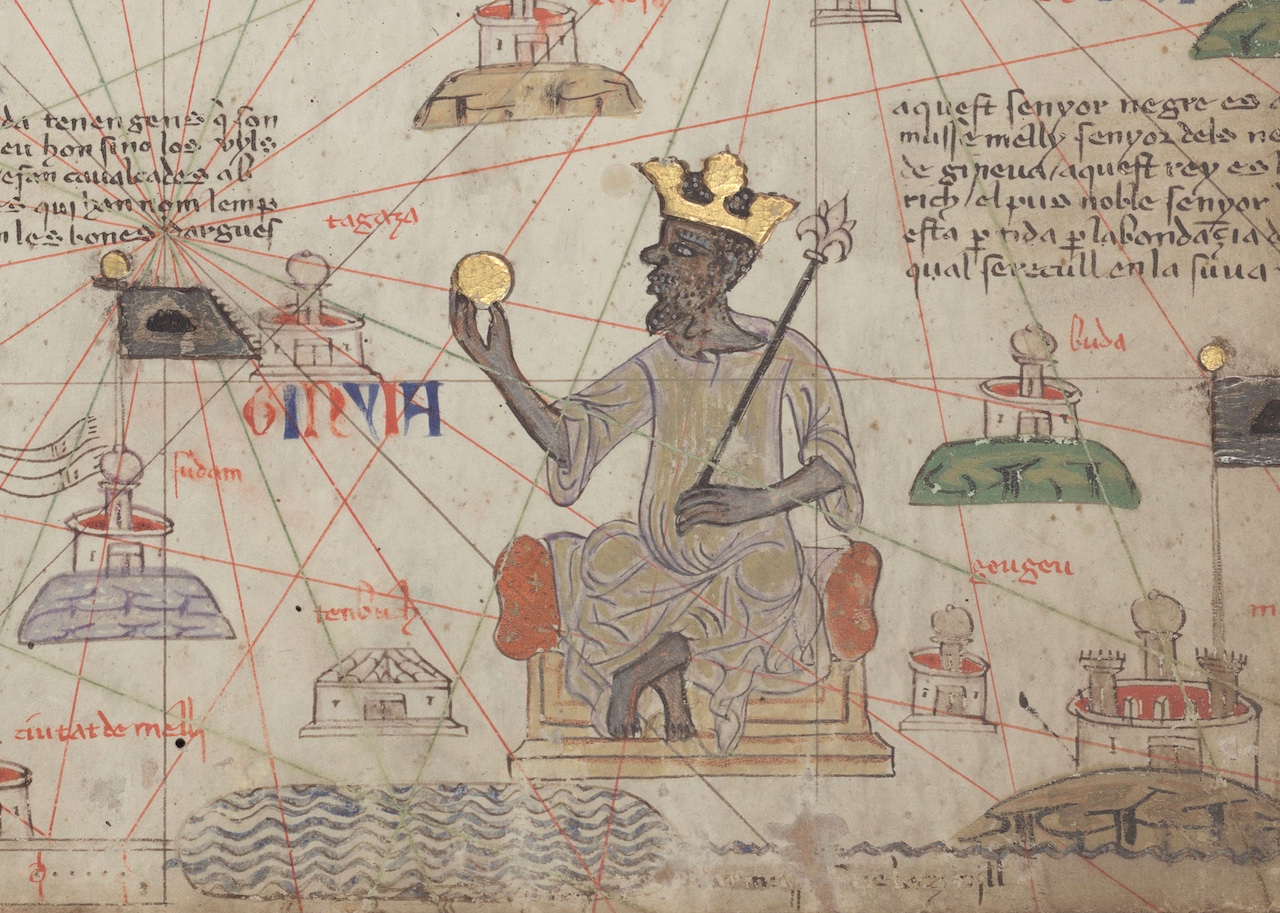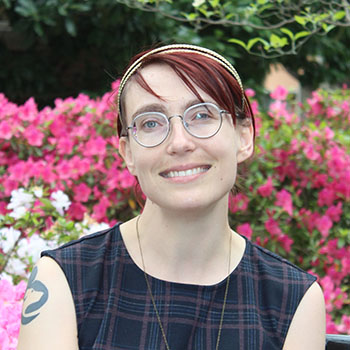Asa Mittman, “From Local to Global: Maps and Mapmaking during the Middle Ages.”
Friday, March 1st
12:00 PM, Humanities Center, PAC 113

Asa Simon Mittman (Professor of Art & Art History), is author of Maps and Monsters in Medieval England (2006), co-author of Inconceivable Beasts: The Wonders of the East in the Beowulf Manuscript (2013), and author and co-author of dozens of articles on monstrosity and marginality in the Middle Ages, including pieces on race and anti-Semitism in the Middle Ages. His book manuscript, Cartographies of Exclusion: Anti-Semitic Mapping in Medieval England is in press with Penn State University Press, forthcoming later this year, and his collaborative From Local to Global: Maps and Mapmaking during the Middle Ages is under contract with Cambridge University Press.
Works-In-Progress: Robin Averbeck, "William F. Buckley Was A Good Man: And Other Liberal Myths."
Friday, April 5th
12:00 PM, Humanities Center, PAC 113

Several liberal myths about political culture and change are so entrenched that they are rarely identified as myths. At this talk, historian and author Robin Marie Averbeck will discuss her current work-in-progress, a collection of essays which tackle some of the most powerful of liberal myths that continue to frustrate political progress in the United States. Topics will include the concept of a "marketplace of ideas," the fetishization of complexity, and the mistake of prioritizing civility over solidarity.
Works-In-Progress: Sinwoo Lee, "Unlawful Occupations of Commoners' Houses: Social Status, Migration, and the Housing Crisis in Eighteenth-Century Seoul"
Friday, May 3rd
12:00 PM, Humanities Center, PAC 113

“Seoul Republic” is a satirical term used to describe the phenomenon where all aspects of South Korea, including politics, economy, society, and culture, are excessively concentrated in Seoul, the capital city of South Korea. The centrality of Seoul in the country emerged as early as the late seventeenth and early eighteenth centuries during the Chosŏn Dynasty (1392–1910). This talk will discuss legal cases, changes in law, and court discussions of the unlawful occupation of commoners’ houses by the yangban elites (yŏga t’arip) in the intersection of rural-urban migration, social status, and the housing crisis in Eighteenth-Century Seoul.

